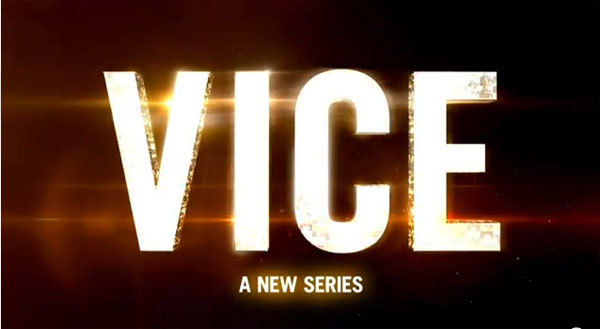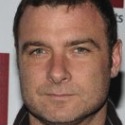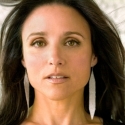Vice executives talk about new HBO series

Unless you are living under a rock, you know that the United States and North Korea are not the best of friends. They have not been friends for quite some time, in fact. Recently, Dennis Rodman - yes, the tattooed ex-National Basketball Association star who was best known for his outlandish hair colors - traveled to the country and met with its leader, Kim Jong-un.
Rodman's trip was sponsored by Vice, a new HBO series based on the magazine of the same name. The first episode of Vice premiered on HBO on April 5, drawing 830,000 viewers on a Friday night - pretty good numbers.
Shane Smith, the CEO of Vice, and Tom Freston, a consultant and investor to the company, recently discussed Vice and its new show. Vice tries to take a different look at news stories, taking viewers into the front lines, said Smith.
"Gen Y have the most sophisticated (bullpoop) detectors on earth, so the only way to circumvent those bullshit detectors is to not bullshit. That sounds very easy, but it isn't," he said.
"Authenticity is really important, and sometimes that's really hard to get. It comes out as pretty contrived if it's just laid out by some giant media company -- it's hard for them to do it. Vice started from nothing, and it became this. Could a big conglomerate have invented it and foisted it on the public? Probably not. If you look at the Internet, it's been hard for a lot of the traditional media companies to launch viable brands. Consumers seem to choose the new thing, and that works out well for Vice," Freston added.
Freston, who worked at MTV during the early days of the company, considers early MTV and Vice now to be similar companies.
"The fundamental experience of Vice and MTV is kinda the same. Both were present at the birth of different video revolutions. Vice sort of invented itself the same way that people at MTV did. At MTV in the early days, nobody knew anything about television. I think it's fair to say when Vice decided to go into online video, they didn't know anything either. Both involved a lot of inexperienced young people with ambition and a good sense for the kind of attitude they want to put on the product," he said.
The decision to take the company on HBO was an easy one, said Smith.
"If HBO, sort of the gold standard of TV, is gonna say, "Hey, do you want to be the first company we do a newsmagazine show with?" Sure -- we're a media company. Of course we want to do that....Plus, we can swear," he said.
Next Article
BBC director general discusses Margaret Thatcher controversyPrevious Article
Kristin Chenoweth signs on for CBS pilot
Aaron Sorkin's HBO Series Has A New Title?
Aaron Sorkin, the current king of scriptwriting, has been developing a new..
Liev Schreiber To Continue As HBO Sports Voice
Liev Schreiber doesn't need to fear anymore. Well, not that is was a great..


